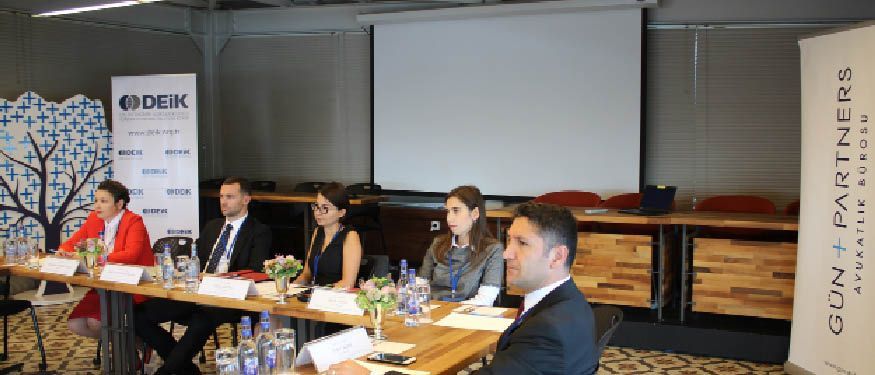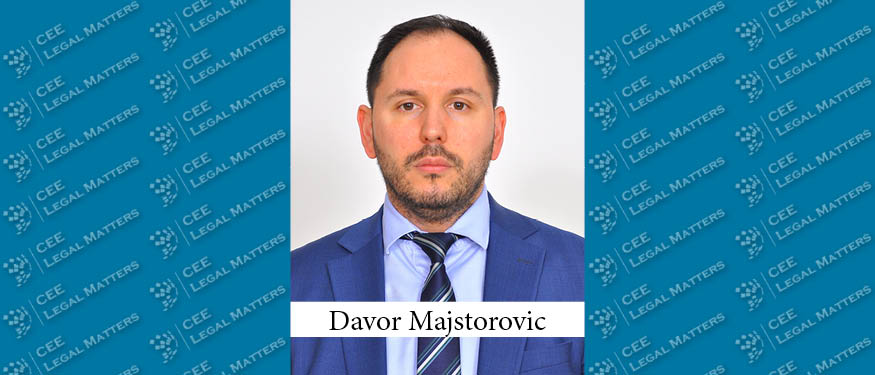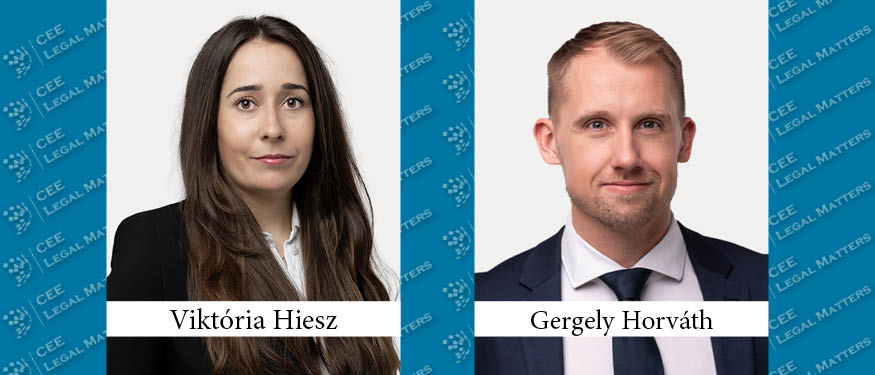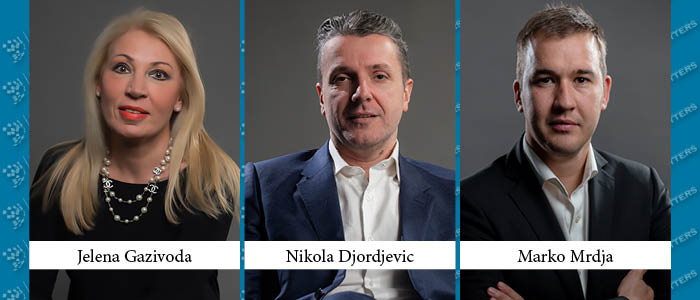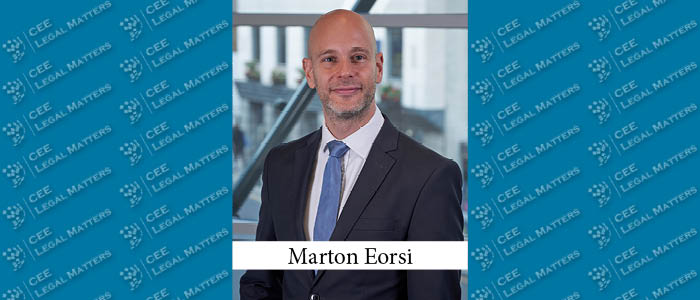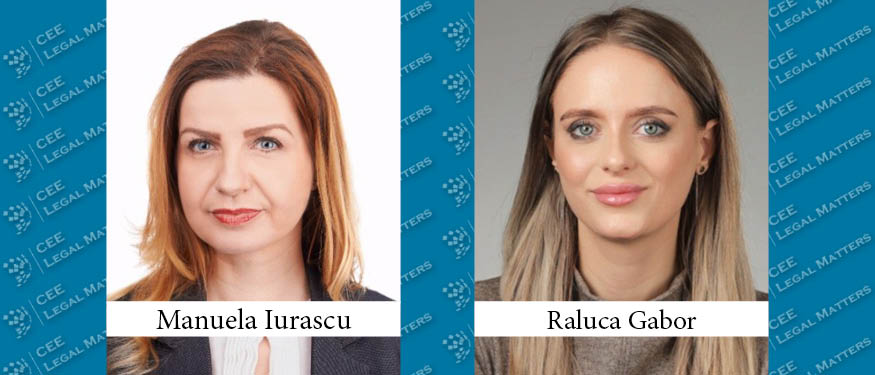On October 5, 2016, representatives from the Ukrainian and Turkish business communities, from the Ukrainian Consulate-General in Istanbul, and from the co-hosting Gun + Partners and Vasil Kisil & Partners law firms met at the Gun + Partners office in Istanbul for a round table discussion, moderated by CEE Legal Matters, on the opportunities in Ukraine for Turkish investors.
“We wanted to share with the Turkish business community our own and our guest firm’s knowledge and expertise on doing business in Ukraine, as Ukraine is both a close neighbor and an important trade and economic partner for Turkey,” explained Gun + Partners Managing Partner Mehmet Gun. “We hope that discussions about opportunities, prospects, and challenges from the Turkish and Ukrainian investors’ perspectives will help build closer economic ties between our countries.”
The Round Table opened with a keynote speech by Ukraine Istanbul Trade Consultant Maksym Vdovychenko, who, as the representative of the Ukrainian Consulate-General in Istanbul, spoke about the collaboration between the governments of the two countries in recent years. He described Turkey as “friends, and reliable friends at that,” and expressed gratitude for Turkey’s “clear stance against Russia and its implication in Crimea” – pointing out that Ukraine, in return, had supported Turkey after the failed July 15 coup attempt. Vdovychenko explained that the main basis of the relationship was the bilateral agreements signed in 1992, 2004, and 2011, all leading up to a “strategic partnership,” currently supported by 105 bilateral agreements in total. “We strive to develop cooperation in all spheres as we share similar directions,” he commented, “as both countries plan to join the EU or get closer to the EU and strengthen democracy.”
The relationship between the two countries is underpinned by considerable commercial activity as well. Vdovychenko pointed out that over 600 Turkish companies do business in Ukraine: “Turkish Airlines is among Ukraine’s top airlines, Turkcell is one of the top mobile brands, and many other notable companies run activities in our country. As a result, Turkey is currently in the top three trade partners of Ukraine.” Vdovychenko also spoke enthusiastically about the ongoing talks on eliminating double-taxation agreements and the “critical issue” of a free trade agreement between the two countries. “A lot of work has been covered already at a ministerial level, and we look forward to signing the actual agreement this year or early in 2017,” he said. “I am convinced this will increase trade into Turkey and vice-versa.”
Burak Pehlivan, Chairman of the International Turkish Ukrainian Businessmen Association, echoed Vdovychenko’s positive outlook on the relationship between the two countries, describing it initially as a “golden age” before insisting that even that term may not be sufficient, “because it does not reflect the potential of cooperation between the two countries.”
Pehlivan noted that Ukraine had become an unfortunate example of poor management since the end of communism, “but this situation is changing now after the Maidan revolution, with Ukrainian leadership, and, more importantly, the Ukrainian nation, realizing that implementing reforms is not a choice, but a necessity.” He conceded that despite finalizing important trade agreements with the EU and with Canada the country had yet to see a lot of business as a result, due to lingering doubts about the rule of law, corruption, and political instability. “While I do not agree with these perceptions, since a lot of reforms were implemented in the last two years – indeed, more than in the whole 20 years before – I note they are present,” Pehlivan added. Still, he said, “Turkey is a key partner for us, since investors from here are less discouraged by such perception.”
In light of this, Pehlivan claimed that concluding the free trade negotiations with Turkey is critical for Ukraine, as “it will play a huge role in attracting Turkish investments on top of the current benefits that Ukraine offers: free trade agreement with the EU, borders to four different EU countries, a very educated workforce, and a low cost one at that.”
Andriy Stelmashchuk, Managing Partner at Ukraine’s Vasil Kisil & Partners law firm, emphasized the progress that Ukraine has made towards the necessary reforms, pointing in particular to the changes implemented in the judicial system. Stelmashchuk also noted that, from a political perspective, Ukraine’s president was elected only two and a half years ago (meaning he will stay for at least two and a half more) and the country’s parliament also should stay in office for two more years – all of which, he said, should help address foreign concerns about political instability. “Of course, from a geopolitical perspective, we have a war in the East which scares off investors, so we are certainly thankful for Turkish investors who are less put off by this,” he added.
One major development, according to the VKP Managing Partner, is the recently “enhanced” tax system which, he said, facilitates reimbursements and has led to the positive sign of a slowdown in tax and VAT disputes. Stelmashchuk’s colleague, VKP Partner Oksana Voynarovska, also expressed a hope that Ukraine’s “Soviet-rooted” and “overly-protectionist” Labor Code will soon be revamped. “It is really funny, because we’ve been in a process of liberalization for over 15 years now,” she said. “I’ve been part of the working groups at various stages, but it is a never-ending story and not much has evolved towards resolving it. When clients ask when we can expect a new Labor Code I jokingly say I will not live long enough to see it [in] place.” In Voynarovska’s opinion, the delay in making the necessary liberalizations to the Code – allowing employers to terminate unsatisfactory employees more easily – “is all about politics really.” She explained: “If you have elections – a national sport in Ukraine – of course you need to be careful if you want to pass unpopular laws.” She sighed. “By this point, this draft of a ‘new’ code is actually old – it’s been 15 years and has not passed yet. But we’re optimistic,” she added, and expressed hopes that the code will be passed this fall.
Finally, Pelin Baysal, Partner at Gun + Partners, pointed out another positive development. Baysal explained that when it comes to disputes – “one of the least pleasant subjects for investors” – one problem that Turkish investors had encountered was that of enforceability of judgments. This problem was addressed recently, she said, both by a new agreement between Turkey and Ukraine designed to enhance enforceability and by the establishment of the Istanbul Arbitration Centre in 2015.
Though much work still needs to be done in Ukraine to enhance its attractiveness to foreign investment, Stelmashchuk pointed out that Ukraine is expecting a GDP increase of 2% – “small but a start to growth” – and the reality on the ground is that it is “a good time to invest in Ukraine, since the market is so cheap now in terms of assets, labor, etc.” Turkish investors, the consensus was, seem positioned to take particular advantage of the opportunity.
This Article was originally published in Issue 3.5 of the CEE Legal Matters Magazine. If you would like to receive a hard copy of the magazine, you can subscribe here.

